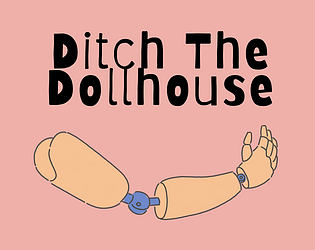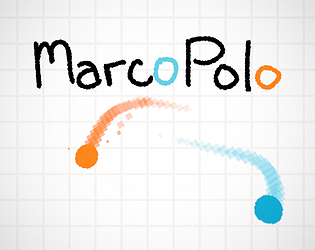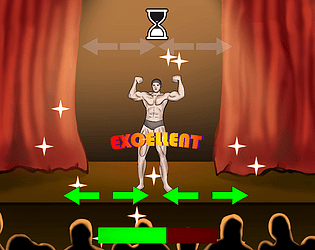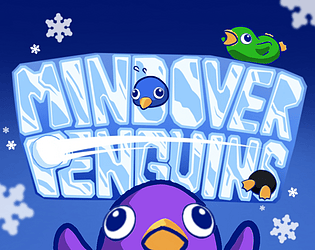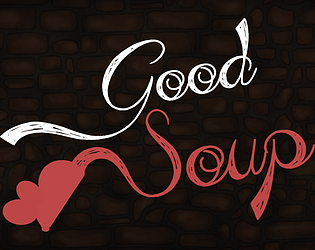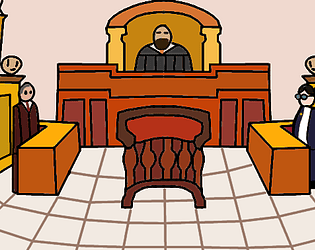I find your insight into writing character dialogue really interesting. When writing character dialogue, it's kind of like acting, in a way; you have to really put yourself in the shoes of that character. Only once you consider their personality, their current situation, and their relationships, can you really know the best thing for them to say. Having to switch between all those different characters constantly while writing, especially when they're talking to each other, can be really tough; imagine voice acting a game all by yourself.
I applaud you taking on a role you weren't sure you could do great in though. Even if you don't pursue narrative writing in the future, this experience should be a great help in understanding how to help your narrative teammates in the future.



